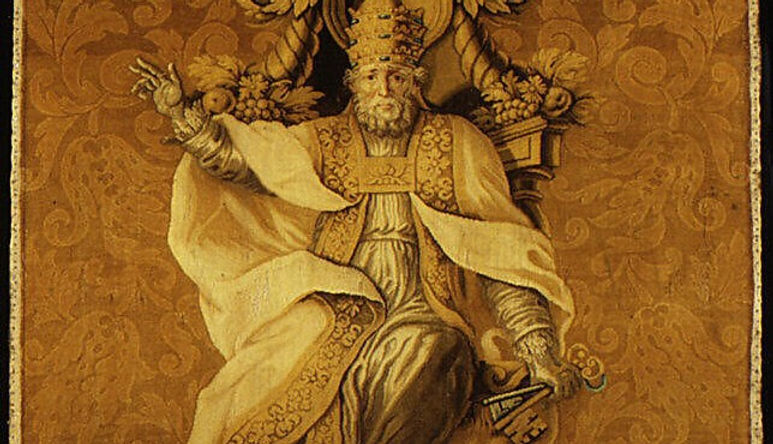The Empress Pulcheria
Papal Authority, Prince of the Apostles
“The letter of your blessedness we have received, with all reverence due to a bishop ; by which we know that your faith is pure and such as ought with holiness to be held forth in the sacred Church. But I equally, with my lord, the most serene emperor, my spouse, have ever abode, and do still abide therein, turning away from all perverseness, defilement, and evil doing. The most holy bishop, therefore, of glorious Constantinople hath continued in the same faith and worship, and embraces the confession of your apostolic letters, putting away that error arisen from some, which from his own letters, also, your holiness will be able to perceive; and he hath, without delay of any kind, subscribed the letter likewise of catholic faith which your blessedness addressed to the bishop.
“Flavian of holy memory. And accordingly, let your reverence deign, in whatever way you see good, to signify to all bishops, even of the whole East, of Thrace and Illyricum, as also it hath pleased our lord the most pious emperor, my spouse, that they may be able quickly to muster from the western parts and meet in one city, and there, having formed a council, let them at your invitation proceed to decree about the catholic confession and concerning those bishops who previously held aloof, as the faith and Christian piety may require. Moreover let your holiness know that by the command of our lord and most serene prince, my spouse, the body of Flavian of holy memory has been brought to the most glorious city of Constantinople, and has been duly placed in the basilica of the apostles in which his predecessors were wont to be buried. And likewise, by the authority of his decree, he has ordered those bishops to return who for the same cause of having agreed with the most holy Flavian in the concord of catholic faith had been sent into exile, in order that by the sanction of the council and the decree of the bishops assembled they may be enabled to recover the episcopate and their own churches.” (Epistle 77, To St. Pope Leo the Great [A.D. 450]).

